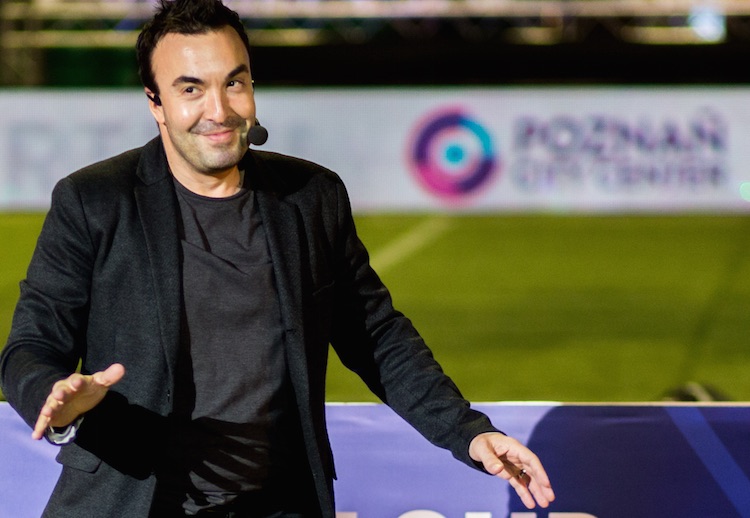A Different Perspective – The Days of Being Overly Cautious on the Pitch are Long Gone.
Want to get ahead and really help your soccer career reach the next level? Read Dan Abrahams columns on SoccerToday.
A global sports psychologist and author specializing in soccer, Dan Abrahams is based in England and works with professional soccer players in the English Premier League (EPL). Abrahams has helped hundreds of soccer players – many who play in the English Premier League (EPL). From working with players at Crystal Palace to QPR, Fulham, and West Ham among others, Abrahams makes a huge difference. Abrahams has authored several books and has a Soccer Academy as well.
“Learn to think, train and play like the best soccer players
in the world, from the man who works with them.”
|
Here is SoccerToday’s columnist Abrahams on how consistency is the key to success.
Importance of Perspective
I was recently interviewing a psychologist called Dr. Martin Turner for my new podcast called the ‘Sport Psych Show’’
Martin is an expert in a psychological framework called Rational Emotive Behaviour Therapy.
In short, that’s a complicated term for a framework that holds a set of strategies to help people think with greater flexibility and deal with the dysfunctional thoughts and emotions they may experience on a day to day basis.
What is Failure on the Field?
When we were speaking about soccer players making mistakes and dealing with those mistakes, something Martin said really hit home with me.
He said, “Rather than accepting failure, it’s about helping players accept themselves through failure.”
As a coach, this means judging behaviors rather than people.
Now to my mind, failure is a good thing.
Youth Soccer players need to make mistakes to learn how to deal with adversity.

Most importantly, soccer players need to keep experimenting and trying different things to improve their skills.
The days of being overly cautious on the pitch are long gone.
And I’m the first one to promote the notion of coaches allowing failure to happen in their training activities. And, I don’t suggest you change this anytime soon.
But Martin is spot on. Yes, we can create a coaching environment that allows players to make mistakes. But just as important is helping players understand that …
Making mistakes and failing doesn’t mean a player is a failure.
If a player fails 20 times in a training activity it’s important for that player to accept him or herself for having failed. Players don’t actually need to overly kind to themselves when they fail. They can be tough on themselves. They can give themselves a harsh pep talk.
They can be tough on themselves regarding a couple of poor passes “Come on I should been doing better here, let’s focus.” That’s ok. That’s showing some ambition in the game. That’s a voice that says “I want to improve”.
But players can’t be too personal with themselves. If may give the ball away a few times they shouldn’t release a volley of verbal abuse against themselves “I can’t believe I’m passing like this, I’m rubbish, I’m terrible, I should just give up.”
There’s a difference between a player being tough on themselves from a soccer-playing perspective and tough on themselves from a personal perspective.
Soccer players can be demanding on themselves but never demeaning to themselves.
A coach needs to help a player recognize the difference between being tough and demeaning.
Soccer coaches need to remind players to focus and strive to be as good as they can be.
Coaches need to reinforce the notion with soccer players that they may mistakes … and that’s ok … but they want them to correct their mistakes.
Soccer coaches need to communicate to players that they want them to respond to mistakes proactively and without delay.
But in no uncertain terms, a coach needs to communicate to a player that he or she is just a fallible, normal human being.

So my advice to you?
Human beings make mistakes and it is ok to make mistakes. It is how we grow.
As Dr. Martin Turner said to me on The Sport Psych Show “Roger Federer loses 33% of the time. Yet he’s not a failure.”
The key is that Federer accepts himself as a person, as much, or more so, than he demands from himself as an athlete.









